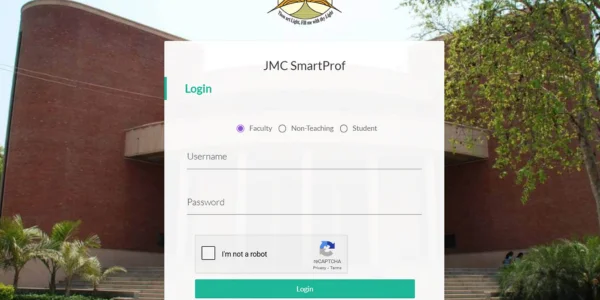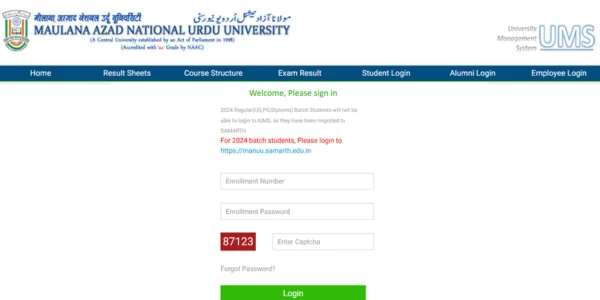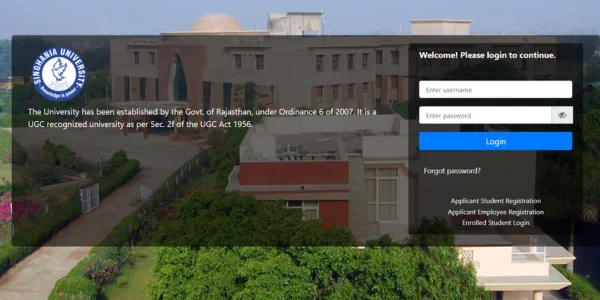ME course full form is Master of Engineering. It is a postgraduate degree program that provides advanced education and training in various engineering disciplines. The ME program is designed to deepen students’ understanding of engineering principles and enhance their technical skills, preparing them for specialized roles in industry, research, and academia.
Course Overview
The Master of Engineering (ME) program typically spans two years, divided into four semesters. The curriculum combines theoretical knowledge with practical applications, focusing on advanced topics and emerging technologies in the chosen field of specialization. Common specializations include:
- Mechanical Engineering: Advanced studies in design, thermodynamics, and manufacturing processes.
- Civil Engineering: Focus on structural analysis, construction management, and geotechnical engineering.
- Electrical Engineering: Emphasis on power systems, control engineering, and electronics.
- Computer Science and Engineering: In-depth exploration of algorithms, software development, and data analytics.
The program often includes a combination of coursework, laboratory work, and a research project or thesis, allowing students to apply their learning to real-world engineering problems.
Eligibility Criteria
Eligibility requirements for the ME program generally include:
- Educational Qualification: A Bachelor’s degree in Engineering or Technology (B.E./B.Tech.) in a relevant discipline from a recognized university.
- Minimum Marks: A minimum aggregate score of 50% or equivalent in the undergraduate degree.
- Entrance Examinations: Many institutions require candidates to qualify in entrance exams such as the Graduate Aptitude Test in Engineering (GATE).
Prospective students should verify specific admission criteria of the institutions they are interested in, as requirements can vary.
Career Opportunities and Scope
Graduates with an ME degree have diverse career opportunities across various sectors, including:
- Research and Development: Engaging in innovative projects in research organizations and laboratories.
- Design and Manufacturing: Working in industries to design and develop new products and systems.
- Consulting Engineering: Providing expert advice and solutions in specialized engineering fields.
- Project Management: Overseeing engineering projects from conception to completion.
- Academia: Pursuing teaching and research positions in educational institutions.
The ME degree also serves as a foundation for further studies, such as pursuing a Doctor of Philosophy (Ph.D.), for those interested in advanced research and academic careers.
Conclusion
The Master of Engineering (ME) program offers an in-depth understanding of advanced engineering concepts and practices. It equips students with the technical expertise and analytical skills necessary to excel in various engineering roles, contributing to innovation and development in their chosen fields.




